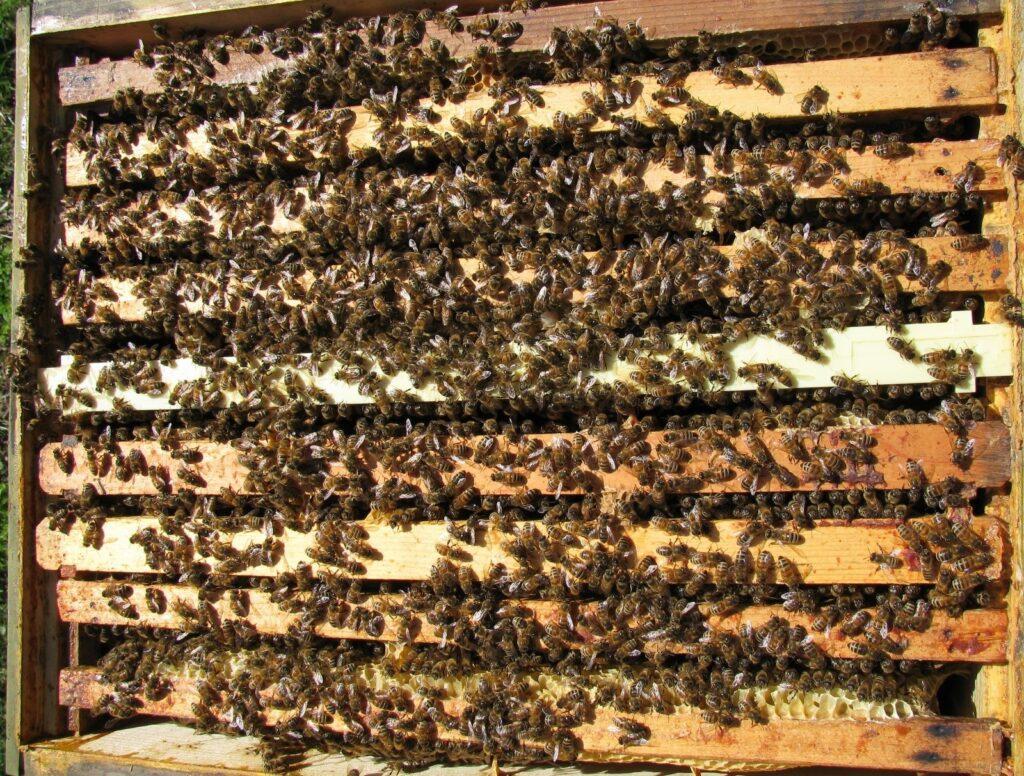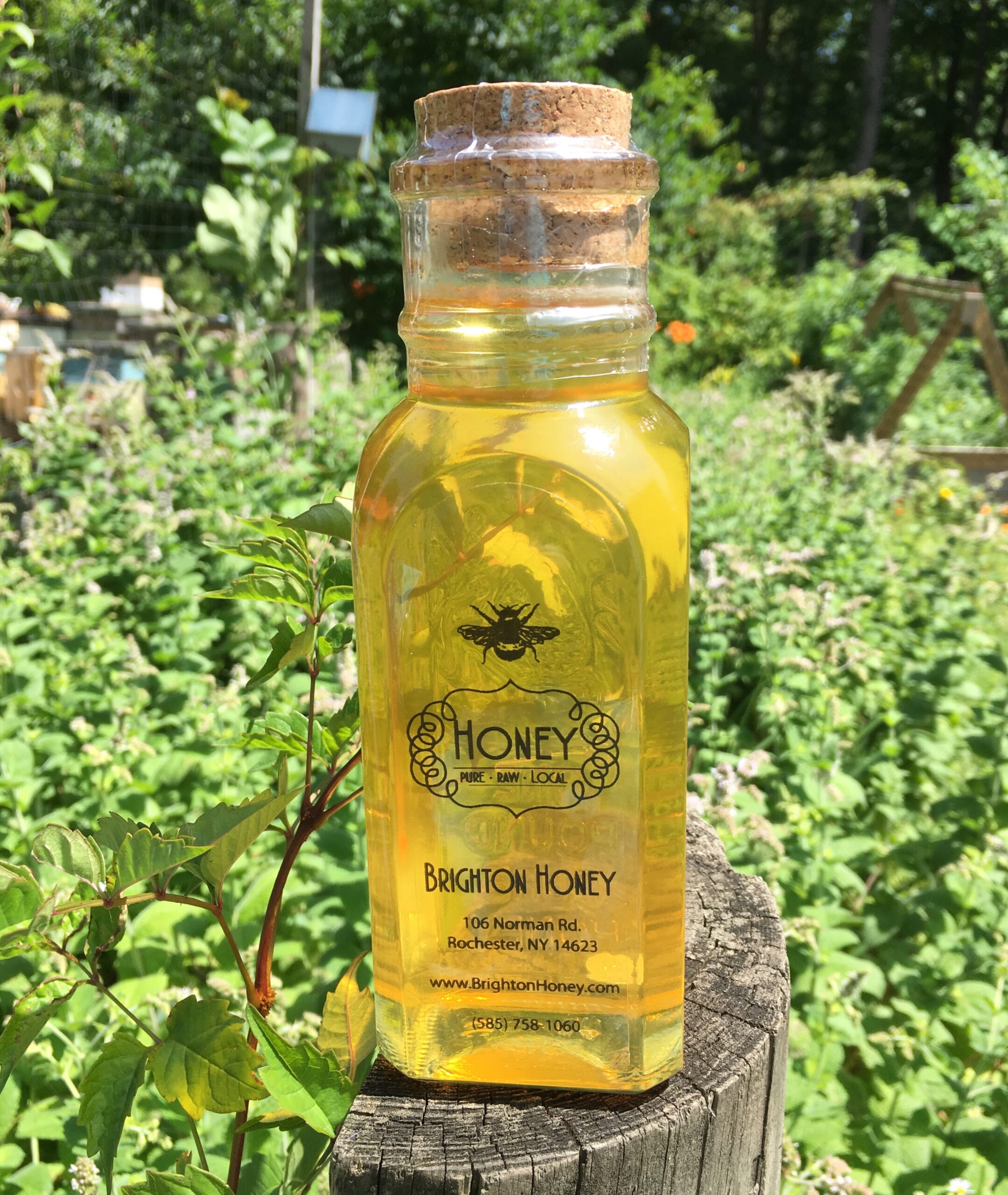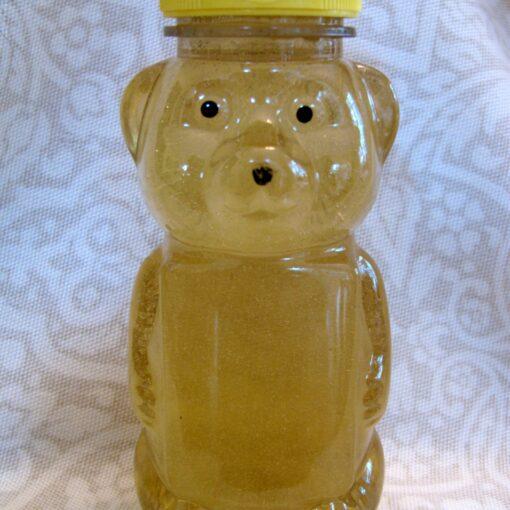
The Forsythia blossomed here Wednesday. The shad should be running in the Hudson now. Wonder if any of the Gabrielson boys are still fishing in Nyack… Well I got on the honey supers on today. All the hives seem healthy. I also filled the feeders. Last weekend the first feeding of the season took 20lbs of sugar and another 15 later in the week. It will be cool on and off this week and the hives are still fairly light. There was capped brood in the hives when I looked down into the brood chamber. I did not want to pull any frames as I was worried about letting the brood chamber get too cool. I quickly put on the queen excluders and put a single super on. I did inspect all the honey frames and cleaned out a few with the remains of wax moths. Not too comfortable with these queen excluders. I there are not many bees in the supers by next weekend I will pull them out and risk a few brood in the supers. I did not add a super to the hive with the rescued bees from late fall as the population of that hive is still very low. Also the one pure Russian hive I am leaving and will perhaps use as a queen starter hive or split it. Not sure yet. Once the supers are all drawn out with comb I will pull the feeders.



